When Google ended support for its first and second-generation Nest Learning Thermostats in October 2025, many users figured they would simply lose remote control features. What they probably did not expect was for Google to keep collecting detailed data from these supposedly "unsupported" devices. Here is what is happening behind the scenes, and why it raises serious questions about data privacy and corporate responsibility.
Google's approach sets a grim precedent where companies can keep the profitable parts of device operation and data harvesting while walking away from customer-facing duties. It becomes a one-way relationship. Users keep sending valuable behavioral and environmental data, and Google sends back, essentially, silence.
The implications reach past inconvenience to ownership. If a company can flip features off after purchase, do consumers own their smart home equipment, or are they long-term lessees tied to shifting corporate priorities?
Community projects like No Longer Evil are more than hacks. They read as digital civil disobedience against corporate overreach. When companies abandon products but maintain extraction, community revivals become a way to protect both rights and functionality.
As TechDirt analysis suggests, Google is developing a pattern: acquire a beloved product, trim features, then withdraw support while keeping data collection running. That erodes the value proposition of smart homes and the trust that keeps people buying cloud-tied devices.
Where do we go from here?
This Nest episode is a wake-up call about the hidden costs of cloud-dependent gear. Google's choice to keep broad data collection from abandoned devices, while eliminating user functionality, highlights the need for stronger consumer protections and more transparent data practices, as TechDirt analysis suggests.
The rise of community-driven revivals shows real demand for device independence and user control, BigGo News reports. It also proves the technical barriers to keeping older devices alive are often far lower than manufacturers claim. That invites an uncomfortable question: are these shutdowns about necessity or optimization of profit?
From a regulatory angle, the gap is obvious. Companies can collect intimate behavioral data from devices they no longer support, which creates privacy risks without any corresponding benefit to users. Future legislation should require companies to maintain basic functionality or cease data collection when ending support.
PRO TIP: For consumers considering smart home purchases, this situation underscores the critical importance of choosing devices with local control options and open standards support. Look for products that can function independently of cloud services, support protocols like Matter, or at least provide meaningful local control when cloud support ends. Consider the manufacturer's track record with long-term device support before making purchase decisions.
The bottom line is that the Nest thermostat saga challenges the current model of smart home ownership. When companies can unilaterally alter a device's functionality while maintaining data harvesting, consumers need stronger legal protections and more transparent business practices.
What is encouraging is seeing the community step up to fill the gaps left by corporate abandonment. Projects like No Longer Evil show that user-controlled smart home tech is not only possible but sometimes better than the corporate alternative. If these efforts keep growing, manufacturers may be forced to rethink device lifecycles and data practices.




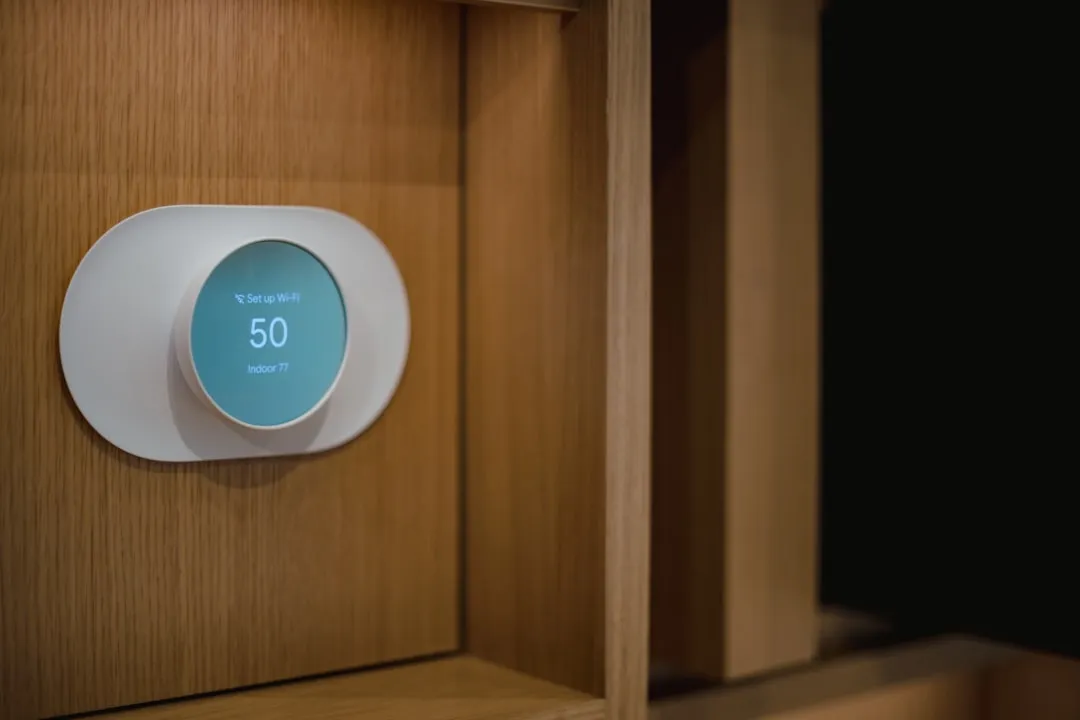
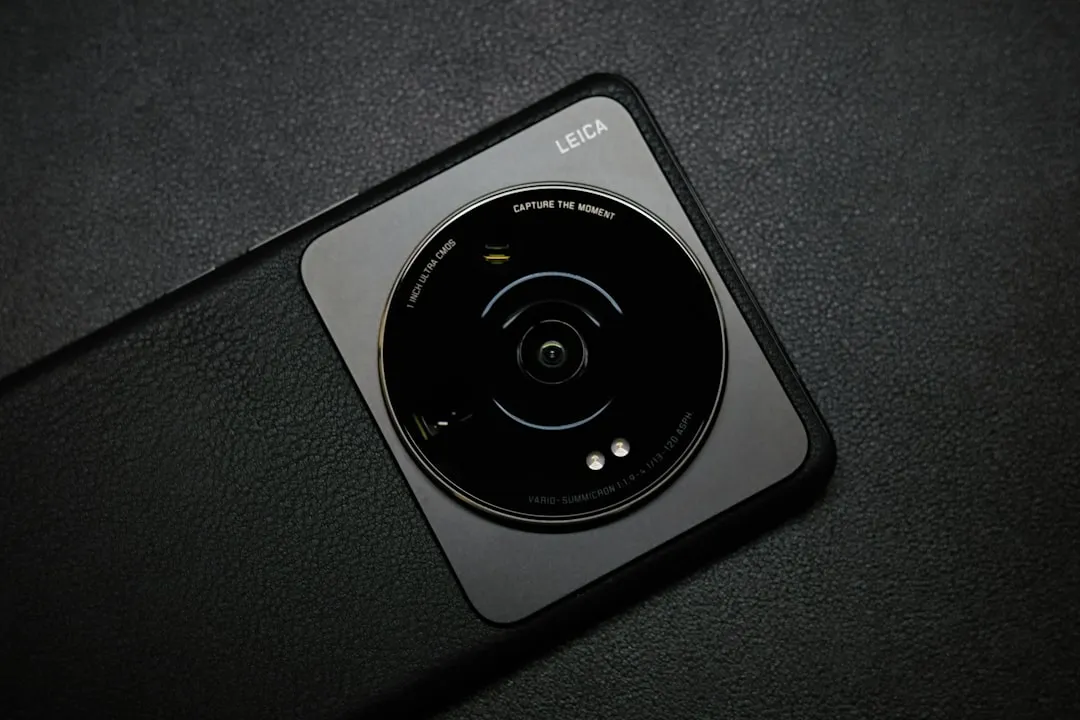



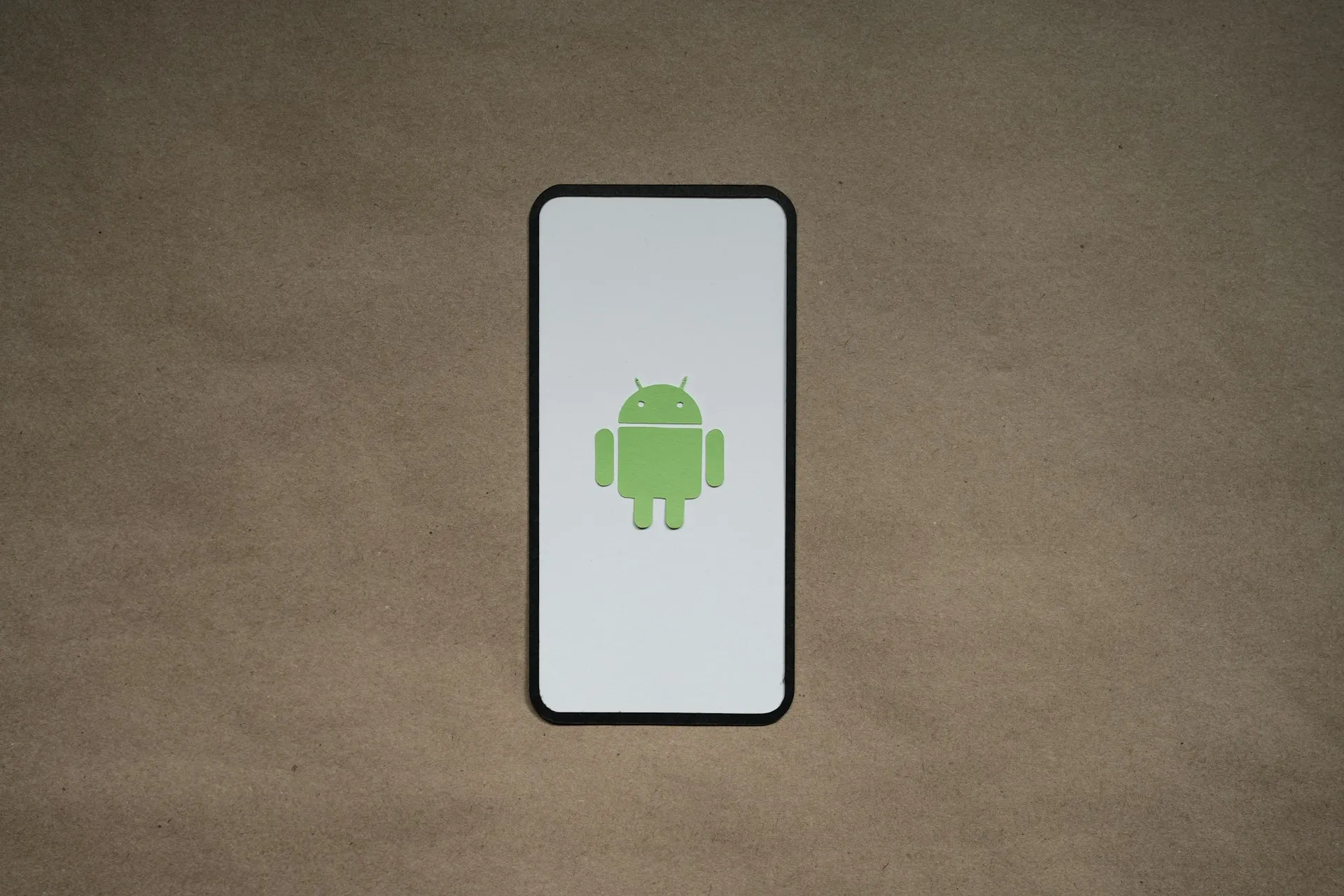

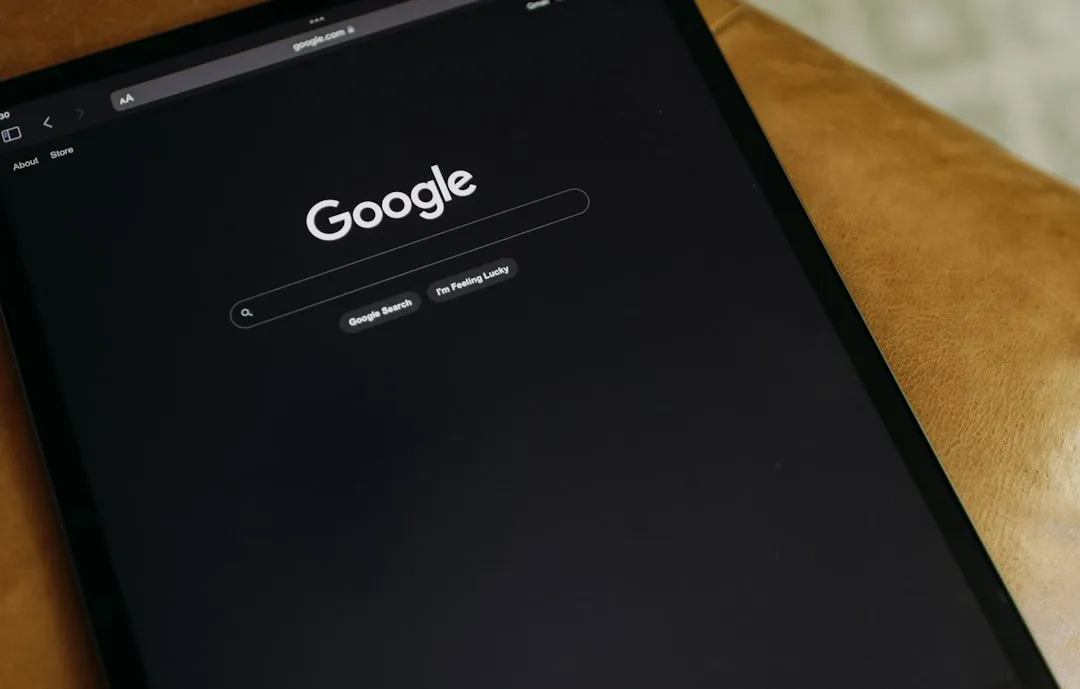











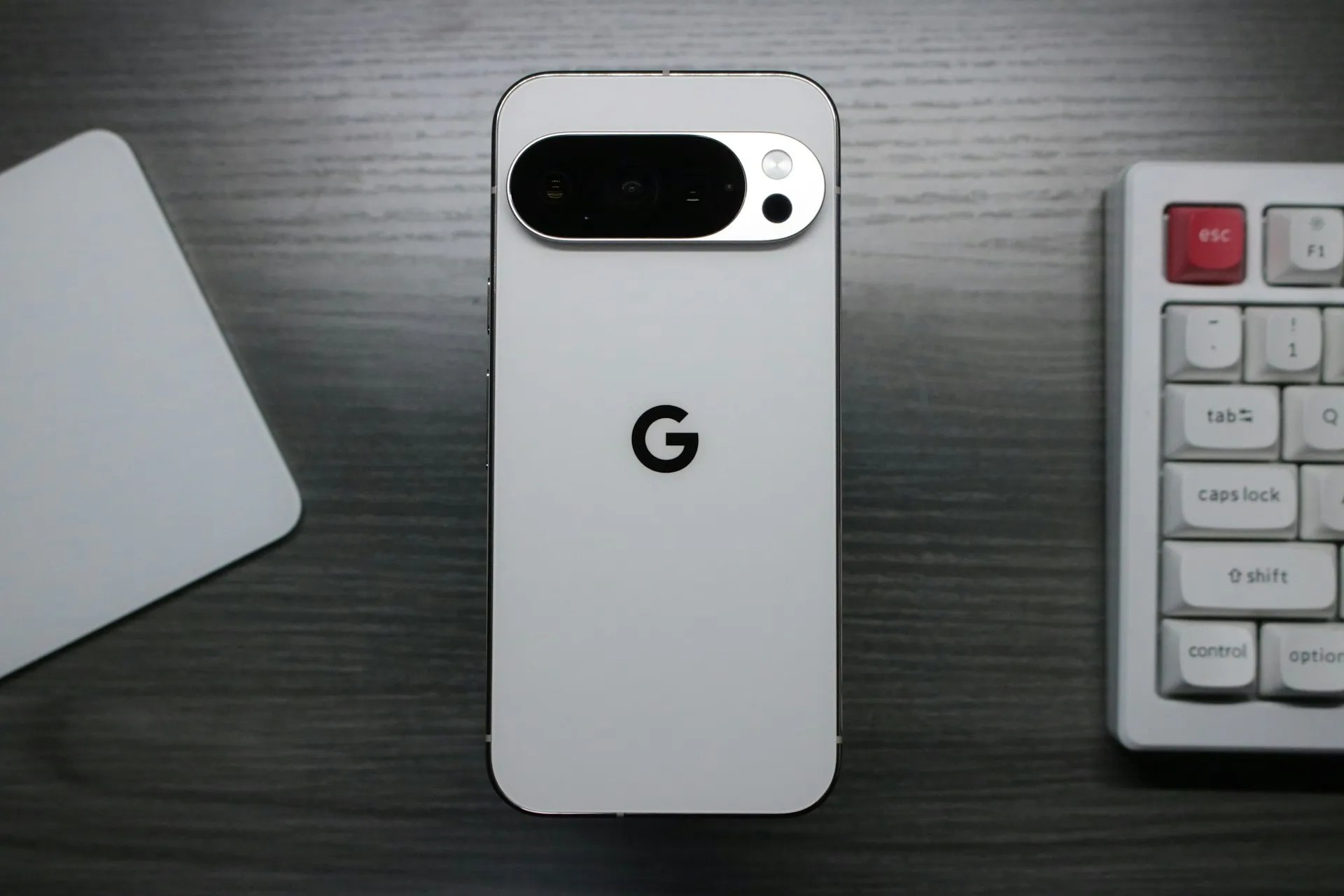
Comments
Be the first, drop a comment!